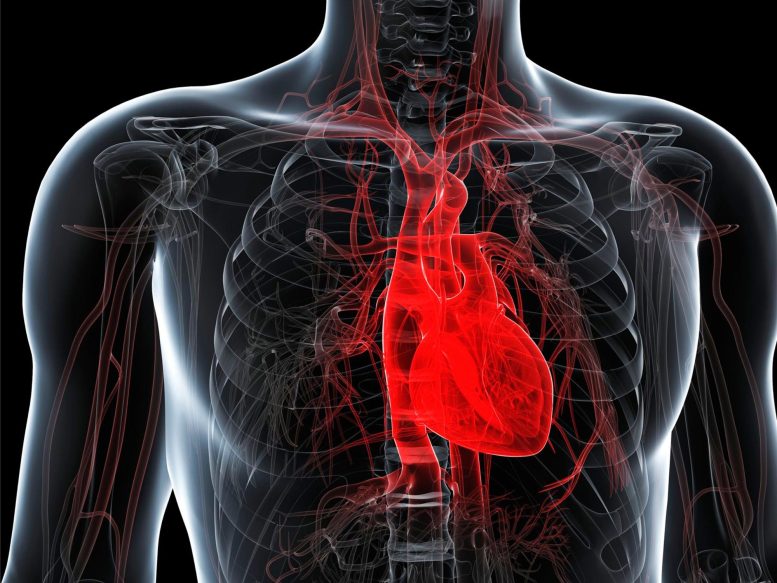
Coronary heart disease occurs when the heart’s arteries are unable to provide the organ with adequate oxygen-rich blood.
Located in the MFGE8 gene, the variant was found to protect against coronary heart disease.
The FinnGen genomic study, which was led by the University of Helsinki, discovered a variant that is typical of the Finnish population that protects against heart diseases. Carriers of the variant have an approximately one-fifth lower chance of getting heart disease than the general population.
The newly identified variant’s defense against coronary heart disease is probably due to the carriers’ lower-than-average arterial stiffness.
The variant in question is found in the MFGE8 gene, which produces a protein called lactadherin. Lactadherin is known to affect the process of arterial stiffening. The results show that the variant inhibits the lactadherin protein’s ability to function. However, further research is required to confirm this.
The findings, published in Communications Biology, are based on a FinnGen dataset comprising more than 260,000 Finnish biobank sample donors.
The discovery was made possible by the FinnGen research dataset
Worldwide, cardiovascular diseases continue to be the leading cause of mortality. Cardiovascular diseases account for one-third of fatalities in Finland.
The FinnGen dataset was used in the newly released study to compare the genomic variation between people with coronary heart disease and other study participants. The findings revealed 38 genetic loci linked to an increased risk of coronary heart disease, four of which were previously unknown, including the MFGE8 gene.
“Hundreds of genetic factors affecting the risk of developing cardiovascular diseases have already been identified. However, the number of known variants that reduce the risk of disease and directly indicate the active gene, like the MFGE8 variant, is relatively low,” says Doctoral Researcher Sanni Ruotsalainen from the University of Helsinki’s Institute for Molecular Medicine Finland, who carried out the study.
Identifying the association between MFGE8 and coronary heart disease is an excellent illustration of the unique advantages that the Finnish population provides to genetic research. The variant in question is 70 times more frequent in Finland than in the rest of Europe, which explains why it has not been found in earlier gene studies. The variation is present in approximately 5.5% of Finns, with a slightly greater frequency in eastern Finland than in western Finland.
A protective effect against coronary heart disease opens up perspectives in drug development
The variant was also found to have an effect on the age of onset of coronary heart disease. Carriers of the protective variant suffered a myocardial infarction or were diagnosed with coronary heart disease on average 18 months later than the rest of the population.
“In terms of developing new drug therapies, variants that reduce the risk of developing diseases are particularly interesting,” says the study’s principal investigator, Professor Samuli Ripatti from the University of Helsinki.
For example, PCSK9 inhibitors, the next-generation cholesterol drugs already in use, have been developed on the basis of a similar observation. This new finding introduces a new mechanism of action alongside cholesterol that protects against cardiovascular diseases.
“Our findings also demonstrated that the MFGE8 variant did not increase the risk of any other disease. Therefore, a drug molecule mimicking the functioning of the gene could make it possible to develop entirely novel therapies for the prevention of cardiovascular diseases,” Ripatti notes.
Reference: “Inframe insertion and splice site variants in MFGE8 associate with protection against coronary atherosclerosis” by Sanni E. Ruotsalainen, Ida Surakka, Nina Mars, Juha Karjalainen, Mitja Kurki, Masahiro Kanai, Kristi Krebs, Sarah Graham, Pashupati P. Mishra, Binisha H. Mishra, Juha Sinisalo, Priit Palta, Terho Lehtimäki, Olli Raitakari, Estonian Biobank Research Team, Lili Milani, The Biobank Japan Project, Yukinori Okada, FinnGen, Aarno Palotie, Elisabeth Widen, Mark J. Daly, and Samuli Ripatti, 17 August 2022, Communications Biology.
DOI: 10.1038/s42003-022-03552-0

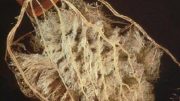
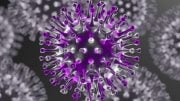

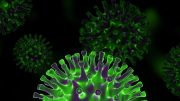
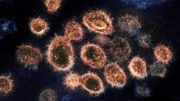


Be the first to comment on "Researchers Uncover a New Gene Variant That Can Protect Against Heart Disease"